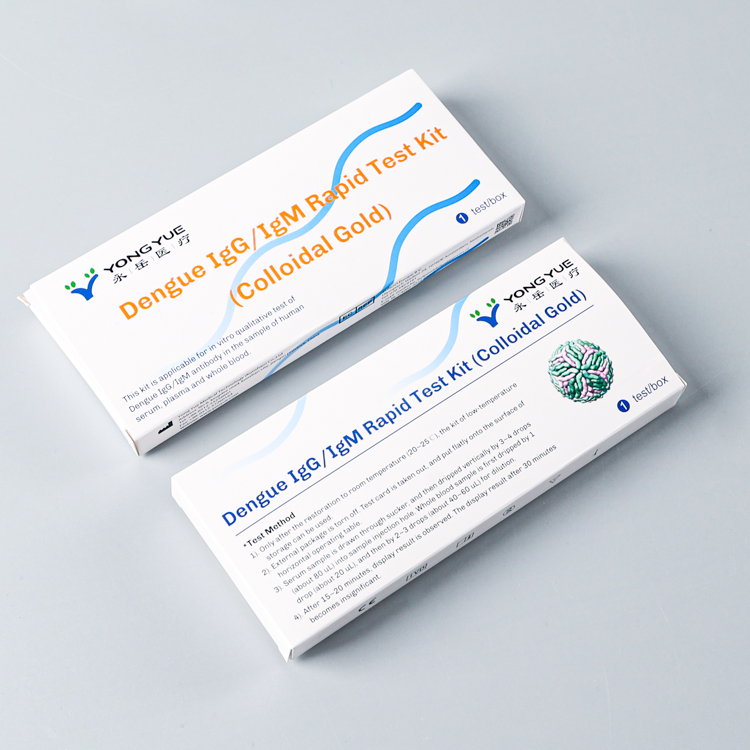It might seem unusual at first, but connecting electric cars to a building's power system for charging is just the beginning. What’s even more intriguing is the possibility of reversing this process—allowing electric vehicles to supply power back to the building. Nissan has been exploring this concept through a project called "Vehicle to Building," which could revolutionize how we think about energy usage and storage. Most of the world’s energy consumption peaks during the day, while demand drops significantly at night. Taking advantage of this pattern, Nissan engineers are investigating whether they can charge electric vehicles during off-peak hours when electricity is cheaper, and then send the stored energy back to the building during peak times. This not only helps reduce energy costs but also promotes a more sustainable energy cycle. In Atsugi City, Japan, Nissan's high-tech laboratories are currently testing this system with impressive results. The project has led to a 2.5% reduction in peak electricity use and saved approximately $5,000 annually in photovoltaic costs. The test involved six Leaf electric vehicles connected to a modified charging system that allowed them to power the building instead of just charging it. One common issue with electric vehicles is that if they sit unused for long periods, their battery may go into a “dead†state. However, the Vehicle to Building technology uses smart software to ensure the vehicle remains fully charged and ready when the user needs it. This makes the system both practical and user-friendly, offering a glimpse into the future of energy management and mobility. As more companies explore similar technologies, the idea of using electric vehicles as mobile power sources could become a standard part of everyday life. It’s an exciting development that highlights how innovation continues to reshape our relationship with energy and transportation.
Dengue IgG/IgM diagnostic test detects two classes of antibodies, immunoglobulin G and M, in serum/plasma or blood by using specific complementary antibody markers. Diagnosis may require multiple tests because the body's immune system produces varying amounts of antibodies as the disease progresses. It takes about 20 minutes for the test to give a result.
Dengue Rapid Test Kits,Accuracy up to 98%,Rapid diagnosis, results in 15 minutes Yong Yue Medical Technology(Kunshan) Co.,Ltd , https://www.yonyue.com

Nissan plans to use electric vehicles to power the building